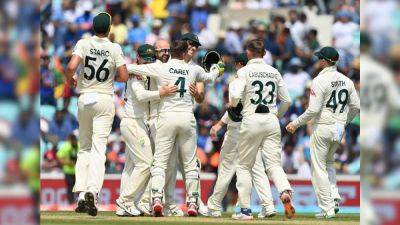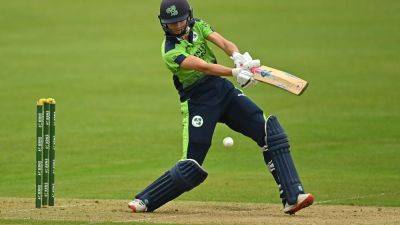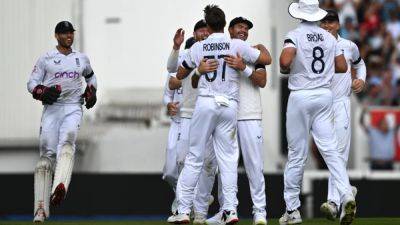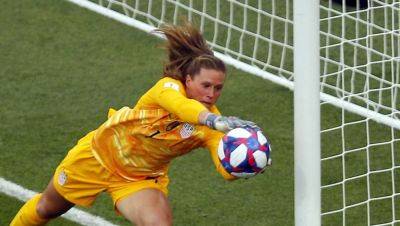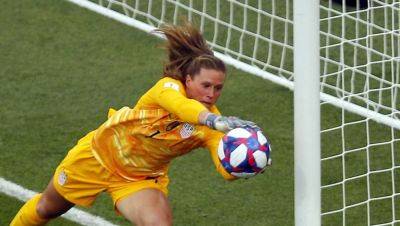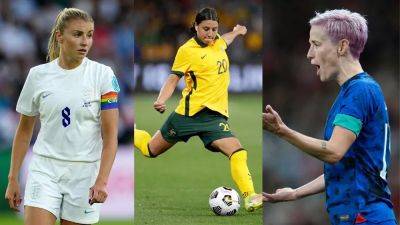Rale Rasic, football pioneer who ‘changed the game in Australia’, dies aged 87
Rale Rasic, a pioneer of football in Australia and the first coach to take the Socceroos to the World Cup, has died aged 87.
Rasic made a huge mark on the sport in Australia but his football journey began in his home country of Yugoslavia where he was selected for the youth team at 17 years old.
He arrived in Australia in 1962 and played football in Melbourne, representing Victoria on multiple occasions, before retiring from playing in 1966.
After stepping away from the field, Rasic began his coaching career, and at 34 years old was named as the Australian men’s national team coach, just eight years after landing in the country.
Rasic guided the Socceroos to their first appearance at the Fifa World Cup in 1974, where they lost two games and drew one to be knocked out in the group stage.
The current Socceroos coach, Graham Arnold, said the news of Rasic’s death was “devastating”.
“Rale changed the game in Australia in 1974, qualifying Australia for the first World Cup ever,” he said.
“The amount of passion and love that Rale had for football has never drifted too far away from myself and he has been a great inspiration for me over the years. He was such a great man, he loved a chat, and loved a story, and he always kept those stories going and that motivated a lot of people in life.”
Rasic was inducted into the Sport Australia Hall of Fame in 1989; in 2001 he was awarded the Australian Sports Medal and the Centenary Medal for “services to soccer”; and in 2004 the Medal of the Order of Australia for his contributions to football as a player, coach and administrator.
He was also involved in the foundations for the Australian Institute of Sport, taking part in the feasibility study group that created the organisation.
“Sad


